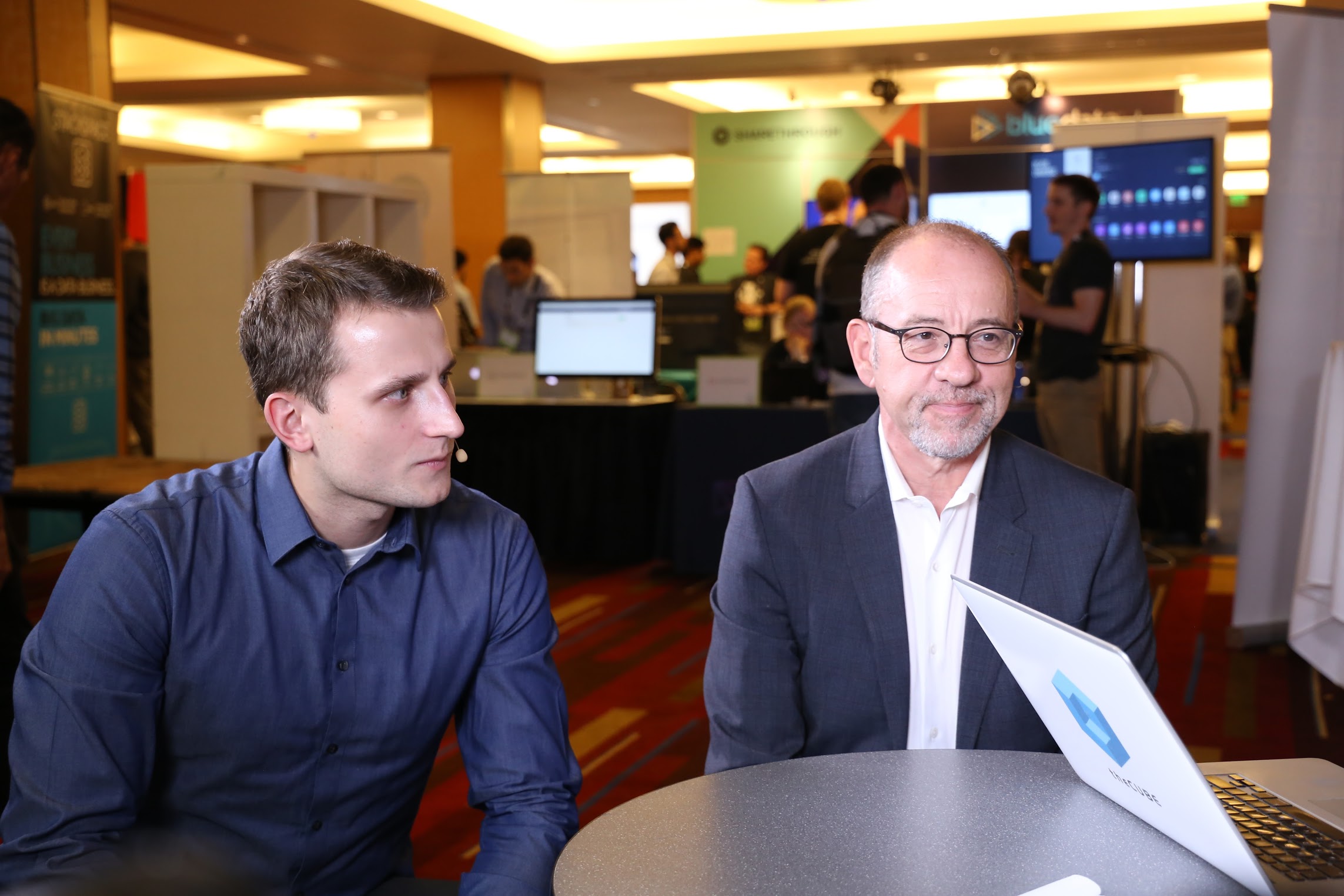 NEWS
NEWS
 NEWS
NEWS
 NEWS
NEWS
Whether we notice it or not, we are hardwired to recognize patterns. However, we now have technology that can recognize hundreds of patterns at once. This computing power can help revolutionize everything from photo recognition to national security.
Martin Hall, Big Data business development at Intel, and Marek Niedzwiedz, COO at CodiLime, Inc. (deepsense.io), talked with John Walls and George Gilbert (@ggilbert41), cohosts of theCUBE, from the SiliconANGLE Media team, during the Spark Summit 2016 about deep learning.
Spark is making the lives of many data scientists and analysts much easier by integrating with existing workflows. It uses deep learning to create scalable models and more interactive visuals. How? By learning and processing patterns. Recently, deepsense.io used these capabilities to participate in a competition to save whales.
Though an altruistic goal, the software that was used has several real-world applications. It can now recognize faces, shapes and patterns “with 85% accuracy,” according to Niedzwiedz. Essentially, computers can now comb through thousands of faces in airports in order to more quickly and safely determine suspicious behavior.
Over the years, Intel has made a significant commitment to the open-source community. The motivation for such a bold move is to create analytics that perform well. With a variety of data stacks to process, there is a much larger push to create open-source environments that can be trusted.
Intel looks to optimize two very important functions: “Performance and security,” Hall said. To do that, companies must be willing to invest in cloud-based source power.
With so much learning and integration, security quickly comes to mind. In a world of open-source, is it possible to keep your information proprietary? The answer is yes. “Security is key,” according to Hall, and Intel is making it a point to invest in securing data as much as sharing it.
The biggest problem to overcome, in fact, is bridging the gap between so many users and companies. There is an “awareness chasm” that often prevents many brilliant minds from connecting, Hall said. By fostering more team-based relationships, many of today’s computing problems can easily be solved.
“Teams win over individuals,” Hall said. And in a perfect world, the open-source environment helps build more teams.
Watch the full interview below, and be sure to check out more of SiliconANGLE and theCUBE’s coverage of Spark Summit 2016.
Support our mission to keep content open and free by engaging with theCUBE community. Join theCUBE’s Alumni Trust Network, where technology leaders connect, share intelligence and create opportunities.
Founded by tech visionaries John Furrier and Dave Vellante, SiliconANGLE Media has built a dynamic ecosystem of industry-leading digital media brands that reach 15+ million elite tech professionals. Our new proprietary theCUBE AI Video Cloud is breaking ground in audience interaction, leveraging theCUBEai.com neural network to help technology companies make data-driven decisions and stay at the forefront of industry conversations.